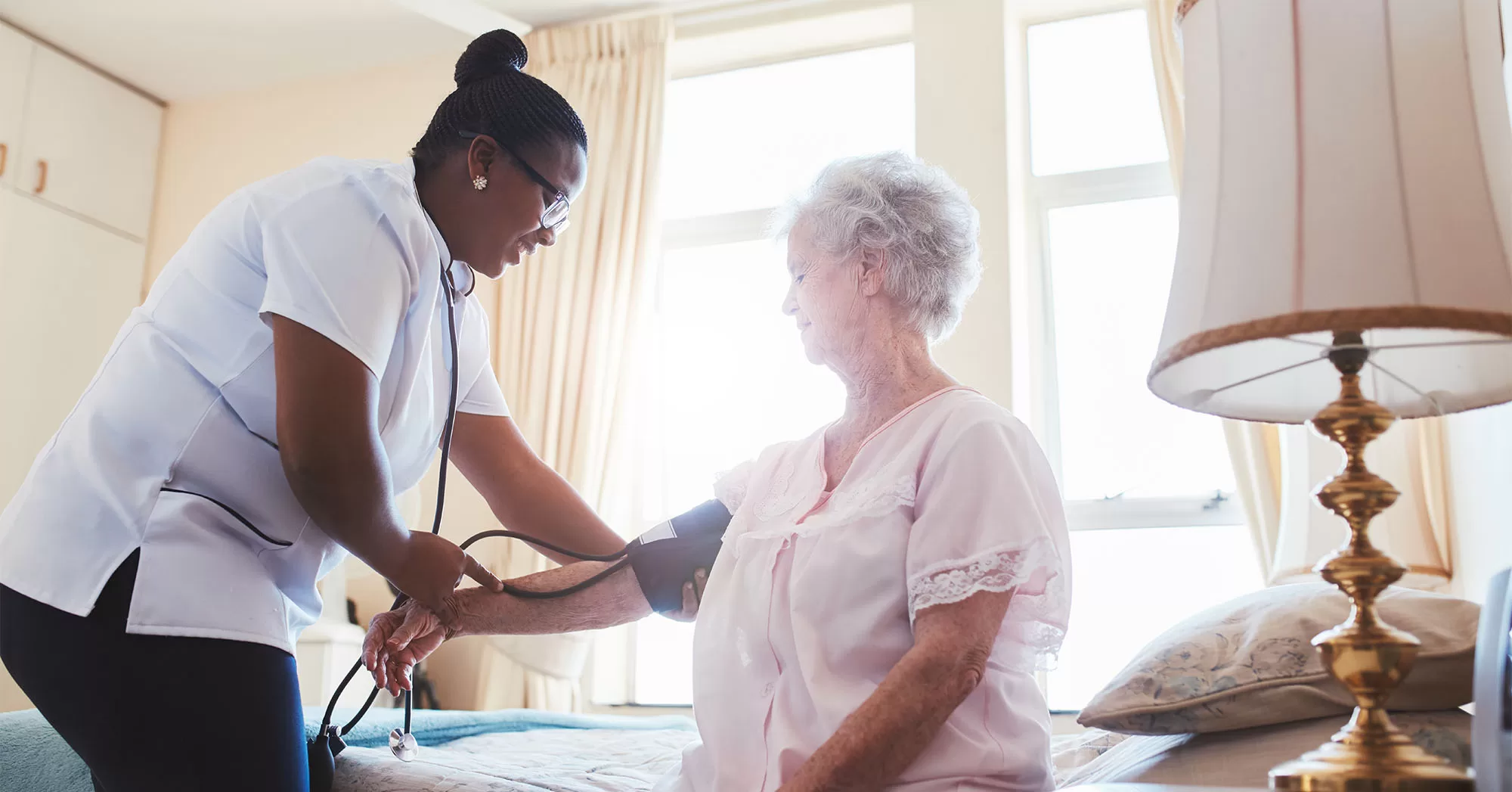I was on my way to work when the driver overheard my phone conversation. After hearing I was a nurse who works with the geriatric population and specifically clients with dementia, he opened up about his particular situation as the sole caregiver for his mother who has dementia. I could hear frustration, fear, and weariness in his voice. He felt guilty about leaving her home alone and worried that she still insisted on driving even though he didn’t think it was safe. He also had several questions about the medications she was taking. He just needed someone to listen.
Often, caregivers shoulder the responsibilities of supporting a loved one alone. Such was the situation with this gentleman who had become so overwhelmed and he didn’t know where to turn for support. Our taxi ride continued, and I was able to share with him six different support options and various ways he can, not only support his mother but himself as well.
A caregiver team may consist of the following:
- Family: Your immediate family can be the most obvious source of support. Speak honestly with them. It is often difficult to understand exactly what a primary caregiver is going through. If family members do not live nearby, there are still ways they can help. Ask them to call more often just to chat or call your loved one with reminders while you are at work. They can manage food and supply orders. Or simply stay with your loved one for a few days so you can have time off occasionally.
- Friends/Neighbors: Exchange phone numbers and e-mail addresses with close friends and neighbors. Encourage regular communication and supply the neighbors with an emergency key to your loved one’s home – just in case. If you do not live with your loved one or are away for work, a visiting neighbor can alert you about both your loved one’s health and the state of the home. If they notice things are out of the ordinary, such as garbage piling up or the mail hasn’t been taken in, this can be a red flag for you.
- Health Care Workers: Your doctor, nurse, social worker, home health aide or companion can all be a great source of information and referrals. If you have a home health aide, they will get to know your loved one well and become an intimate part of your caregiver team. Often, the home health aide will be able to support your loved one with trained physical, social, and emotional support beyond your own capabilities.
- Lawyers/Bankers: Speaking with a lawyer and your loved one’s banking institution early can help answer many questions and reduce future stress and worry. It can put your mind at ease to know your loved one’s wishes and establish who would make healthcare and financial decisions if your loved one is unable.
- Technology: Even if your loved one is not technologically savvy, there are apps and devices that can help provide peace of mind and be that extra support in case of an emergency. Medical alert necklaces or bracelets are essential in activating emergency systems when needed. Apps like MindMate® offer mental exercises to improve brain health. Medisafe can prompt your loved one with reminders to take their medications. Some apps can even send you e-mail updates throughout the day to inform you your loved one is safe. Tablets and smartphones have the tools and capabilities available to check in with your loved ones using video chat and can be set up to be voice activated for ease of use by your loved one.
- Community Centers/Support Groups: Support programs and groups are available to caregivers, often free of charge, in many communities throughout the NYC Metro Area. Reaching out to organizations such as AARP, the Alzheimer’s Association, Alzheimer’s Foundation of America, and CaringKind can be useful resources that fit your needs. These organizations can help refer you to relevant community programs and additional support groups.
Much like the instructions you receive on an airplane –an oxygen mask must first be placed on your loved one before placing your own– so too, in order to help others, you must first help yourself. Speaking up and asking for help where it is needed is the first step. Sometimes help and support come in the least likely of places, such as an impromptu taxi ride.

Posted by Funda Fernandez, BSN, RN in Alzheimer’s & Dementia, in Caregiver Corner









